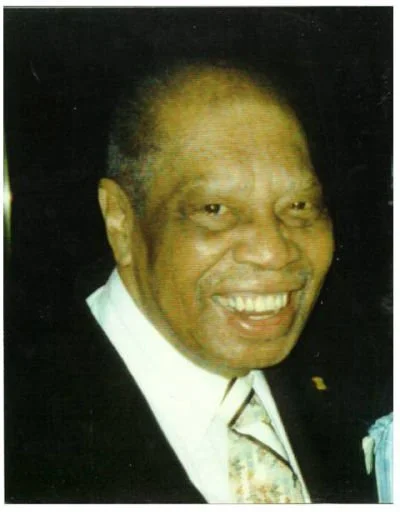Quadrant Celebrates Black History Month
As February begins, so does Black History Month. It is a time to reflect and appreciate the contributions and advancements made by Black Americans. As a 100% Minority owned company, Quadrant believes in the importance of applauding those that went first and opened the doors for us, so that we may now step through them. Throughout history, there have been several prominent engineers that have been strong enough to be first. To do that which hadn’t been done before. To push through prejudice and show their capabilities. Four of these engineers have made a strong impact on society and left their mark on history.
George Biddle Kelley
The son of a runaway slave who had come north and served in the Union Army, George Biddle Kelly was born in 1884 in Troy, New York. After graduating from Troy Military Academy, he attended Rensselaer Polytechnic Institute before enrolling in the Cornell University College of Civil Engineering in 1905. Always deeply immersed in African American culture, he joined a social studies club on campus and his contributions eventually led to the club becoming the Alpha Phi Alpha Fraternity. After graduation, George became the first African American to be certified by New York State as an Engineer.
Hattie T. Scott Peterson
Born in Norfolk Virginia in 1913, Hattie Scott married Donald Peterson in 1943. While married, she attended Harvard University and became the first African American woman to get a bachelor’s degree in civil engineering. She moved to Sacramento, California to work for the US Geological Survey as a surveyor and cartographic engineer. In 1954, She became the first woman to join the US Army Corp of Engineers. Her passion for engineering and encouragement for women in engineering continued throughout her life. The Sacramento district of the US Army Corp of Engineers annually awards a Hattie Peterson Inspirational Award in remembrance of her perseverance and the inspiration she is to others.
Archie Alexander
Born in 1888, to working-class parents, Archie Alexander’s father had moved the family to the outskirts of Des Moines. A school nearby was accepting both white and black students. Archie excelled in his studies and was determined to attend college despite the lack of his ability to afford it. He took on several part-time jobs to afford his education. As he approached graduation an advisor told him that he would not succeed as an engineer because he was black.
In 1912 when he graduated, he found out how difficult it would be for a black engineer to get a position. Rather than give up, he joined a firm as a laborer, working his way up and learning all he could about bridge building. He eventually became the head of the bride division. Though still faced with prejudices, he with the help of partners, was able to build a business to be known for its talent for building bridges, viaducts, and tunnels.
He was later awarded an Honorary Master’s degree from the University of Iowa and an Honorary Doctor of Engineering from Howard University.
Howard P. Grant
Born in 1925, Howard P. Grant was the first African American to graduate from the College of Engineering at UC Berkley. He is believed to be the first African American member of the American Society of Civil Engineers. He spent his career at the San Francisco Water Department until 1984 and was the President and Treasurer of the California Society of Professional Engineers. His legacy continues to inspire underrepresented groups in California.
While only a small selection, these amazing people have changed the landscape of engineering for the better and should always be remembered. Black History Month is about recognizing the triumphs and struggles of Black Americans and how their accomplishments have impacted not only other minorities but have changed history for everyone. These engineers made their impact for generations of engineers to come.




